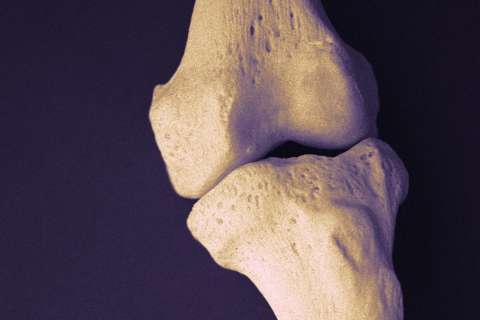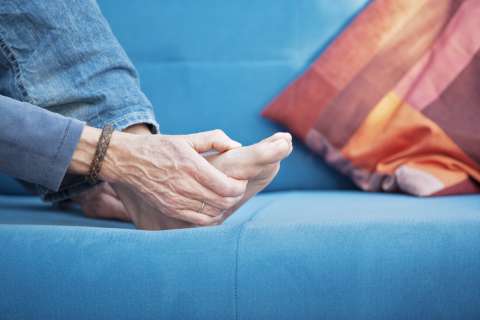Hello again, dear readers, and welcome to a bonus letters column. We're addressing a handful of topics from recent columns that have generated quite a few letters.
-- We recently wrote about new research into stem cell treatment for Type 1 diabetes. This is a chronic condition in which the pancreas produces insufficient insulin. A number of readers asked if this treatment is now available. Unfortunately, not yet. While promising, this approach to treating Type 1 diabetes remains in the investigative stage.
Some of you have also asked for information about stem cell studies for Type 1 diabetes. This is available at clinicaltrials.gov, a website maintained by the National Institutes of Health. In the form on the front page, select Type 1 diabetes. In the section marked “other terms,” enter “stem cells.” This pulls up all of the relevant studies.
-- A recent column about radon got a lot of mail. This is a naturally occurring radioactive gas that is present in soil, rock and groundwater. Radon can accumulate in basements, and long-term or repeated exposure is linked to an increased risk of lung cancer. We heard from a reader from Chicago, whose radon readings have increased. "In 2009, we received an analysis report of 2.4 pCi/L. We tested again in October 2019 and received a score of 3.7," he wrote. "What are the recommendations for our situation?" The EPA recommends that when readings reach 4 pCi/L (picocuries per liter) or higher, mitigation should take place. Your home is nearing that threshold. It would be wise to either begin more frequent monitoring to know when you reach 4 pCi/L or get ahead of the problem by calling a certified contractor to have the radon removed.
-- We heard from several people recovering from a heart attack who said that the idea of cardiac rehab, which we wrote about recently, is new to them. Cardiac rehab is a supervised program that supports long-term recovery with diet, exercise, counseling and education. Some asked how to find access to such a program.
A reader who volunteers at a national nonprofit dedicated to cardiac rehab wrote to recommend it. "I wanted to mention Mended Hearts as a cardiac support volunteer organization," he said. "We now have support groups via Zoom, and we are talking about getting back to in-person support groups, as well." We appreciate your sharing the information. Cardiac rehab is an important component of recovery following a heart attack, both physical and emotional. Many large hospitals also offer cardiac rehab to patients who could benefit from it.
-- A reader asked about toilet flushing. Specifically, whether his sister is correct that it's healthier to close the lid before flushing. Considering the contents of a toilet bowl, the answer is yes. Each time you flush, aerosolized particles are sent into the air. These inevitably land on surfaces you will touch. One study found that with the lid up, the bacteria C. difficile spread 1,000 times more than with the lid down. So, yes, to be safe, please close the lid before flushing.
Thank you, as always for your letters. We love hearing from you, and we look forward to your questions, thoughts and ideas.
(Send your questions to [email protected], or write: Ask the Doctors, c/o UCLA Health Sciences Media Relations, 10960 Wilshire Blvd., Suite 1955, Los Angeles, CA, 90024. Owing to the volume of mail, personal replies cannot be provided.)





